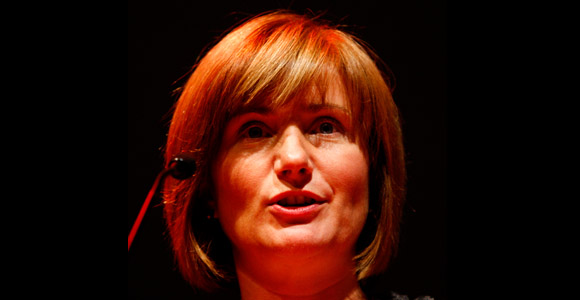Road to London 2012: can sponsors win in the final lap? – Pippa Collett
August 18, 2011
One could hardly fail to see the un-heralded coverage of all things London 2012 in July, culminating in Trafalgar Square celebrations of One Year to Go (1YTG) to the Olympics Opening Ceremony on 27th July.
The Olympic Park seems to be remarkably on track and on budget compared with previous government-funded capital projects (think Wembley Stadium or the Channel Tunnel) and it is good to be reminded just how much has been achieved. Ticket sales have been an astonishing success, with the possible exception of football, and our athletes can expect to compete in front of capacity crowds. Dow Chemical Company, the IOC’s official “Chemistry Company”, has stepped in to produce a recyclable wrap for the Olympic Stadium. Most recently, a joint venture between Qatari Diar and Delancy finalised the purchase of the outstanding elements of the Athletes’ Village and adjacent development plots, securing the long term future of this accommodation after the Games.
But 1YTG also marks the final countdown for sponsors and that really piles on the pressure for these businesses to ensure a profit from their Olympic investments. For most sponsors this needs to be secured before the Opening Ceremony, although a minority may benefit incrementally from sales within the Olympic Park.
BP is running a particularly high profile print and broadcast campaign, although it has apparently promised to be humble in its marketing following last year’s Gulf spill. The Ogilvy & Mather-created ads, which showcase BP’s sponsored Olympic and Paralympic athletes, focus on BP’s commitment to fuels of the future. At the other end of the marketing scale, Deloitte is supporting ‘Our Team 2012’, presented by Visa, by introducing the programme that provides direct links with Olympic hopefuls, opportunities for staff engagement, hospitality and networking to its SME clients. Cisco is differentiated by its focus on building a brilliant future for the UK through investments in an annual i-prize for high tech businesses, the Shoreditch-based Tech City and linking this to other innovations hubs in the UK via collaboration technologies.
Those brands that support the Torch Relay – Samsung, Coca Cola and Lloyds TSB – have been actively promoting the opportunity for consumers to nominate a torch bearer. The result has, like Olympics ticket sales, been overwhelming, with over 28,000 applications for 2,012 places resulting in a 1 in 14 chance of being selected.
But all is not rosy in the sponsor garden. McDonalds has come in for criticism because one of its four facilities in the Olympic Park will be the largest of its restaurants in the world. Cadbury’s Spots v. Stripes execution has also been accused of failing to engage with consumers. Adidas has named its London 2012 football ‘Albert’ which, with its Cockney rhyming slang connotations, lacks 21st Century relevance, apparently.
Sponsors have made significant investments in London 2012 and we will all experience their attempts to turn that investment into incremental revenues, profits and equity over the next 12 months. However, it is important we remember that we may never know the details of the business cases on which this promotional activity was based. Beauty is in the eye of the beholder and, like art, we should be wary of making judgments on success, or lack of it, based on imperfect information.
That said one hopes that the public purse strings will be more transparently managed so that, as taxpayers, we are assured that the financial debacle that was the Delhi Commonwealth Games, or the irrelevant infrastructure development that dominates the Athens skyline post 2004, let alone the atrocities or Munich in 1972, are not the legacy of London 2012 we expect.
Pippa Collett: Since gaining and MBA from Cranfield, Pippa Collett has become a leading sponsorship practitioner with an extensive client-side career at Shell, American Express and Rank Organisation. Her global sponsorship experience covers the full spectrum from Ferrari in Formula One and the Olympics to cultural projects including The Olivier Awards and The Unilever Series. She joined Sponsorship Consulting in 2006 to work with blue-chip clients such as Siemens, Standard Chartered Bank and Cisco.
As Vice-Chair of The European Sponsorship Association, Pippa has led on key aspects of the developing sponsorship agenda including authorship of ESA’s Sponsorship Assessment & Evaluation Guidelines and introducing the concept of Continuing Professional Development.
{jcomments on}



